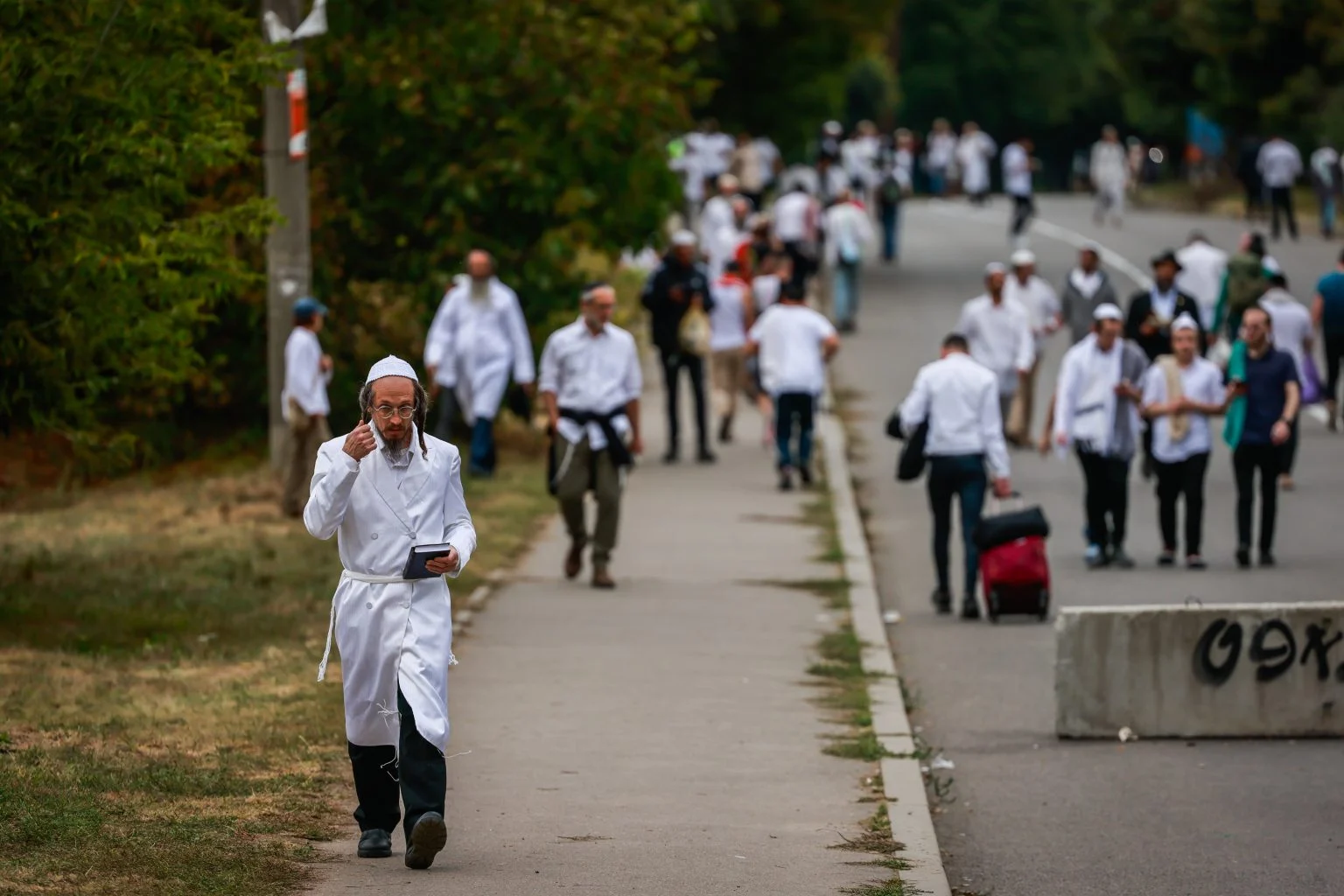
Netanyahu’s Solution for Draft Evaders
Leader of Israel's Shas party and influential political figure, known for his role in religious-political affairs and significant involvement in key government decisions
Aryeh Deri is the chairman of the Shas party and a prominent figure in Israeli politics. As leader of one of Israel's major Haredi (ultra-Orthodox) political parties, he serves as a key power broker within the government coalition and holds significant influence over religious and social policy decisions.
During the ongoing Israel-Gaza war, Deri has emerged as a crucial voice in the war cabinet, particularly regarding hostage negotiations with Hamas. He has consistently advocated for comprehensive deals to secure the release of all hostages, even if it means "paying heavy prices," while maintaining certain fundamental conditions. His role in the emergency government has included participating in critical security assessments and decision-making processes.
A central focus of Deri's recent political activity has been the contentious issue of Haredi military service. He has taken a firm stance against the enforcement of draft laws on yeshiva students, threatening to withdraw Shas from the government if military police enter yeshivas to arrest draft evaders. This position has created significant tension within the coalition, particularly as the IDF plans to summon 54,000 Haredi men for military service.
In matters of national security, Deri has demonstrated a pragmatic approach, particularly regarding potential military actions. He has voiced opposition to striking Iran without full coordination with the United States, aligning with other religious party leaders on this issue. His influence extends to various aspects of government policy, from security matters to religious affairs and social welfare programs.
Recent controversies have emerged from some of Deri's public statements, including remarks about October 7 that sparked public outrage. However, he has maintained his role as a significant mediator within the coalition, working to balance religious interests with national security concerns during the ongoing conflict.
Throughout the current crisis, Deri has shown flexibility on certain religious issues when lives are at stake, such as supporting government meetings during Shabbat to address urgent hostage-related matters. This approach reflects his pragmatic leadership style while maintaining his commitment to religious principles and the interests of his constituency.